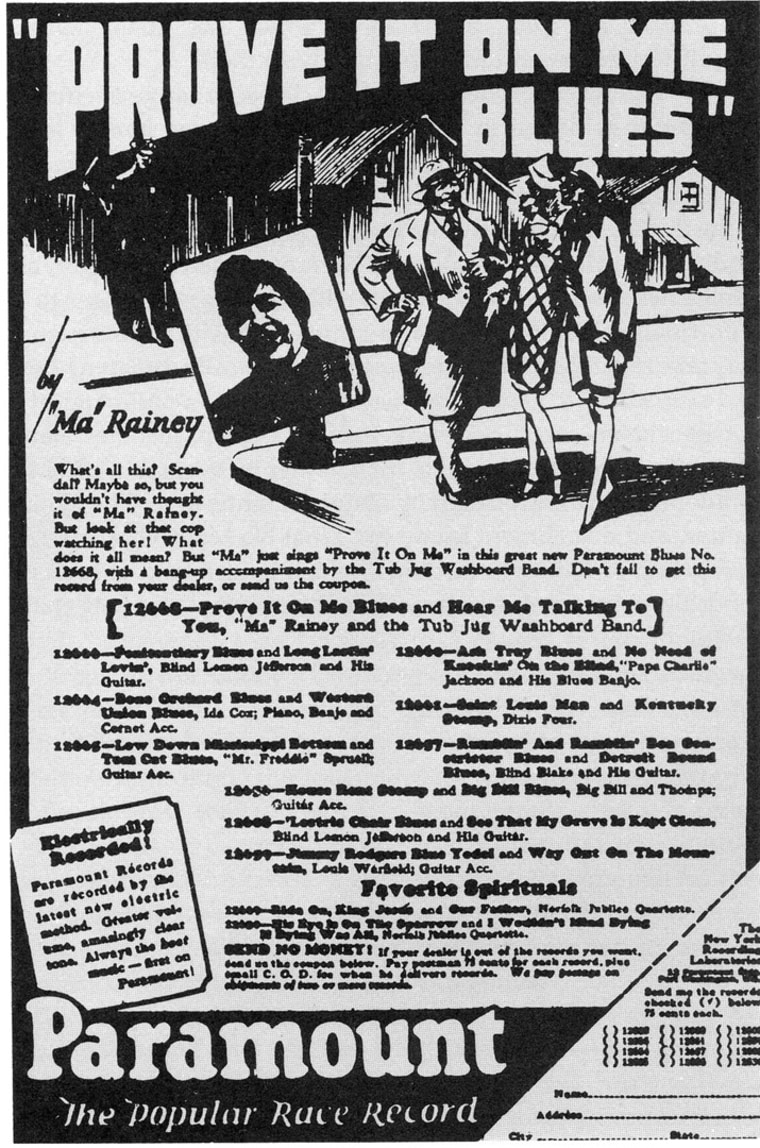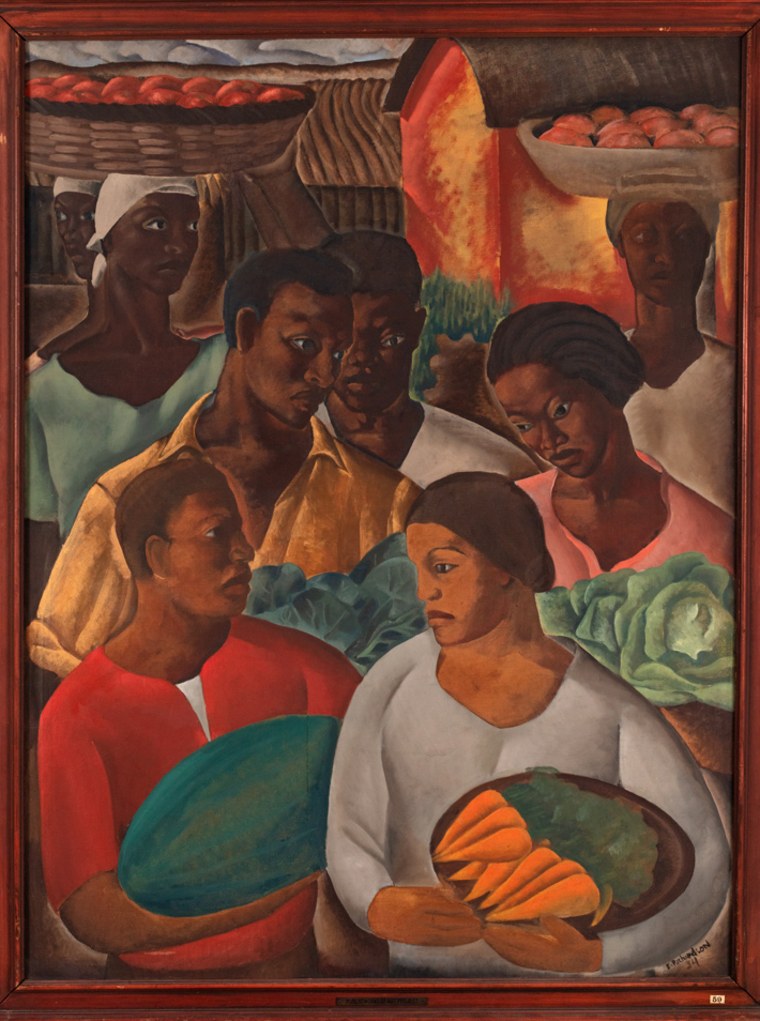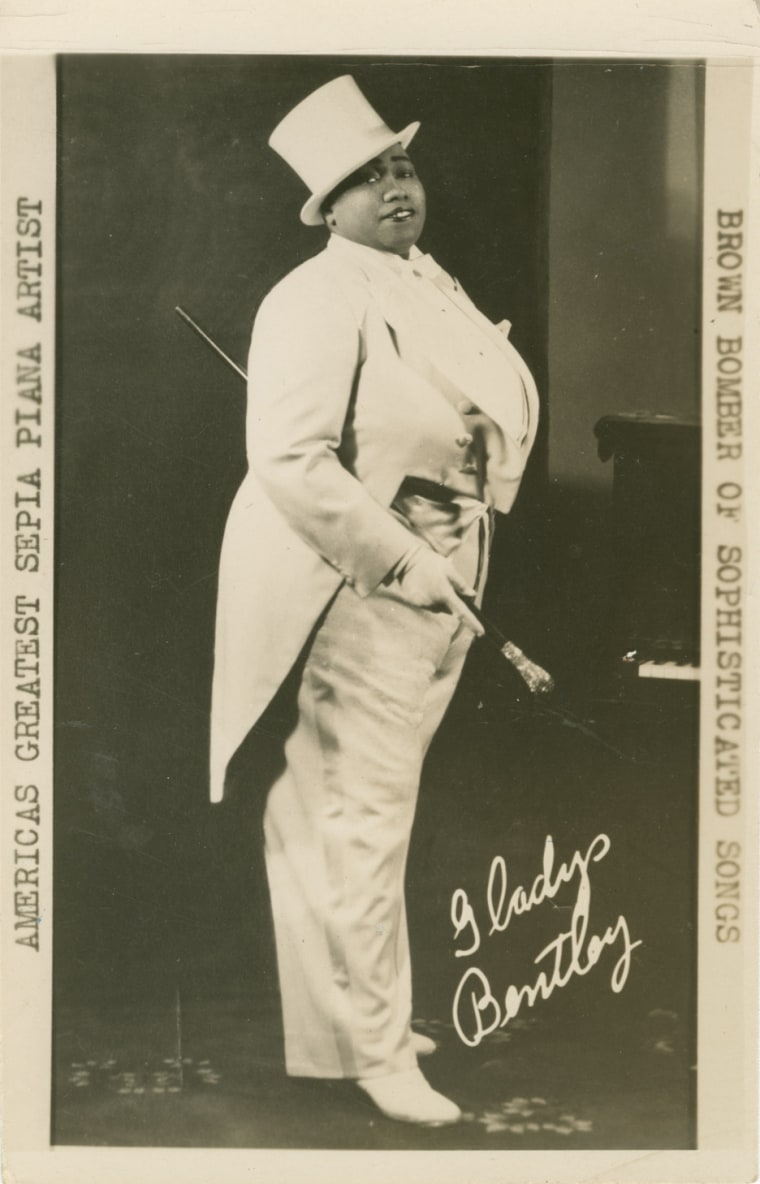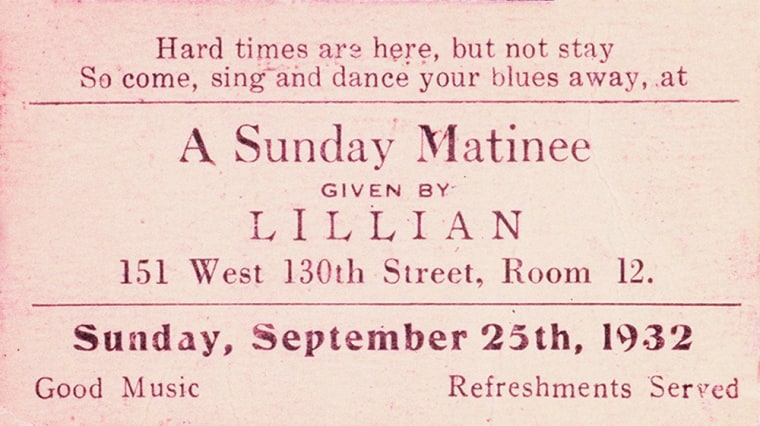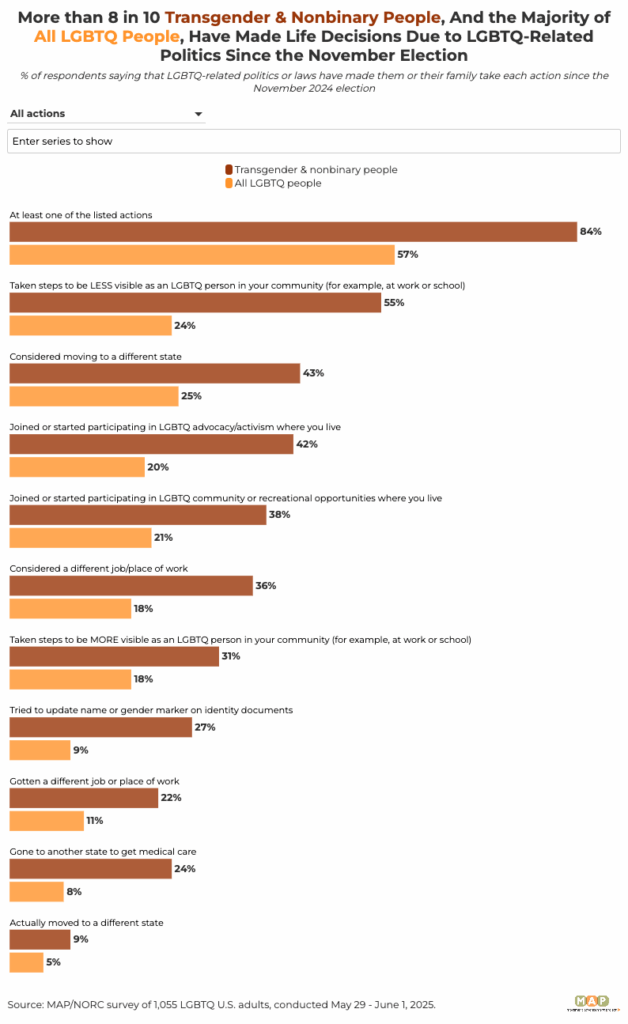Out NYC Councilman Erik Bottcher files to run for Rep. Jerry Nadler’s seat, raises nearly $700k in one day
New York City Councilman Erik Bottcher filed Wednesday to run for the seat of retiring Congressman Jerry Nadler, and he raised nearly $700,000 in campaign funds in his first 24 hours.
This historic, grassroots-driven achievement marks the biggest first-day total in New York State history and one of the biggest nationwide, according to his campaign.
Bottcher, a 46-year-old gay man, is one of the city’s most visible LGBTQ+ officials and a rising star in Democratic politics.
In a letter to supporters on Wednesday and during an interview with The Advocate, Bottcher said Nadler’s decision not to seek reelection “creates an incredible opportunity for a new generation of leaders to step forward — and for our community to make history.”
“This congressional district has a proud tradition of representatives who’ve fought for LGBTQ+ rights, from Bella Abzug to Jerry Nadler,” Bottcher said. “But we’ve never actually had one of our own at the table. And there’s an old saying, ‘If you’re not at the table, you’re on the menu.’ Our community is under attack in terrifying ways, and it’s time to take the gloves off.”
The 12th Congressional District is among the nation’s most politically active and socially progressive areas. From the earliest AIDS marches to the fight for marriage equality, the district’s neighborhoods have long been at the center of LGBTQ+ advocacy and cultural change.
Bottcher, who represents Manhattan’s Third City Council District (encompassing Chelsea, Hell’s Kitchen, and the West Village), said his motivation to explore a congressional run comes from both urgency and hope.
“I love my country, and right now it’s being torn apart by Donald Trump and his neo-fascist forces,” he said. “This is the moment for all Americans, especially those of us in public service, to stand up and fight back. I’ve spent my life serving my community, and serving in Congress would be one of the highest honors imaginable.”
If Bottcher officially enters the race, he’ll be joining what’s shaping up to be a highly competitive Democratic primary. Manhattan Assemblymember Micah Lasher has already declared his candidacy, while many others are considering a run in the coming weeks as one of New York’s most coveted congressional seats opens up for the first time in decades.
Bottcher candidacy would be historic. If elected, he would become the first out gay member of Congress from Manhattan and only the third from New York City, following Ritchie Torres of the Bronx and former Republican congressman and convicted felon George Santos,. Two other out gay lawmakers from NYC suburbs served previously, Sean Patrick Maloney and Mondaire Jones.
Before joining the City Council, Bottcher served as chief of staff to then-Council Speaker Corey Johnson and as an aide to state Sen. Brad Hoylman-Sigal, both gay trailblazers in New York politics.
Over more than a decade, Bottcher has earned a reputation as a hands-on operator and coalition builder who pairs policy substance with visible, on-the-ground presence.
“I’m out in the community day and night, every day of the week,” he said. “People want real representation. They want to know and feel connected to the people who speak for them. That’s been at the heart of my work in City Council District 3, and it’s exactly what I’d bring to the 12th District if I run.”
In City Hall, Bottcher has built a profile as an advocate for tenants’ rights, small-business recovery, mental health services, and public safety. His office has become known for quick responses to neighborhood concerns, from sanitation issues to housing safety.
Nadler’s retirement marks the end of an era. Known as one of Congress’s leading liberal voices, he served as a key defender of democracy and civil rights during both Trump impeachments and was a major supporter of LGBTQ+ rights.
His departure leaves behind a legacy rooted in advocacy and coalition building that shaped the modern identity of Manhattan’s left.
Still, Bottcher’s allies believe his blend of local experience, grassroots sensibility, and generational appeal set him apart. “No one can deny that Erik has been a rock star on the City Council, delivering for his constituents time and time again on issues like affordable housing, mental health, LGBTQ safety, and more,” said Jeff Larivee, executive director of Equality PAC. “NY-12 is one of the most dynamic and proudly LGBTQ+ districts in the country, and Erik represents the next generation of leadership this community deserves. This will be a huge priority race for Equality PAC — and we will do everything we can to support Erik and make sure he wins.”
“This is about service,” Bottcher said in closing. “It’s about standing up when your country and your community need you most. And right now both are on the line.”
